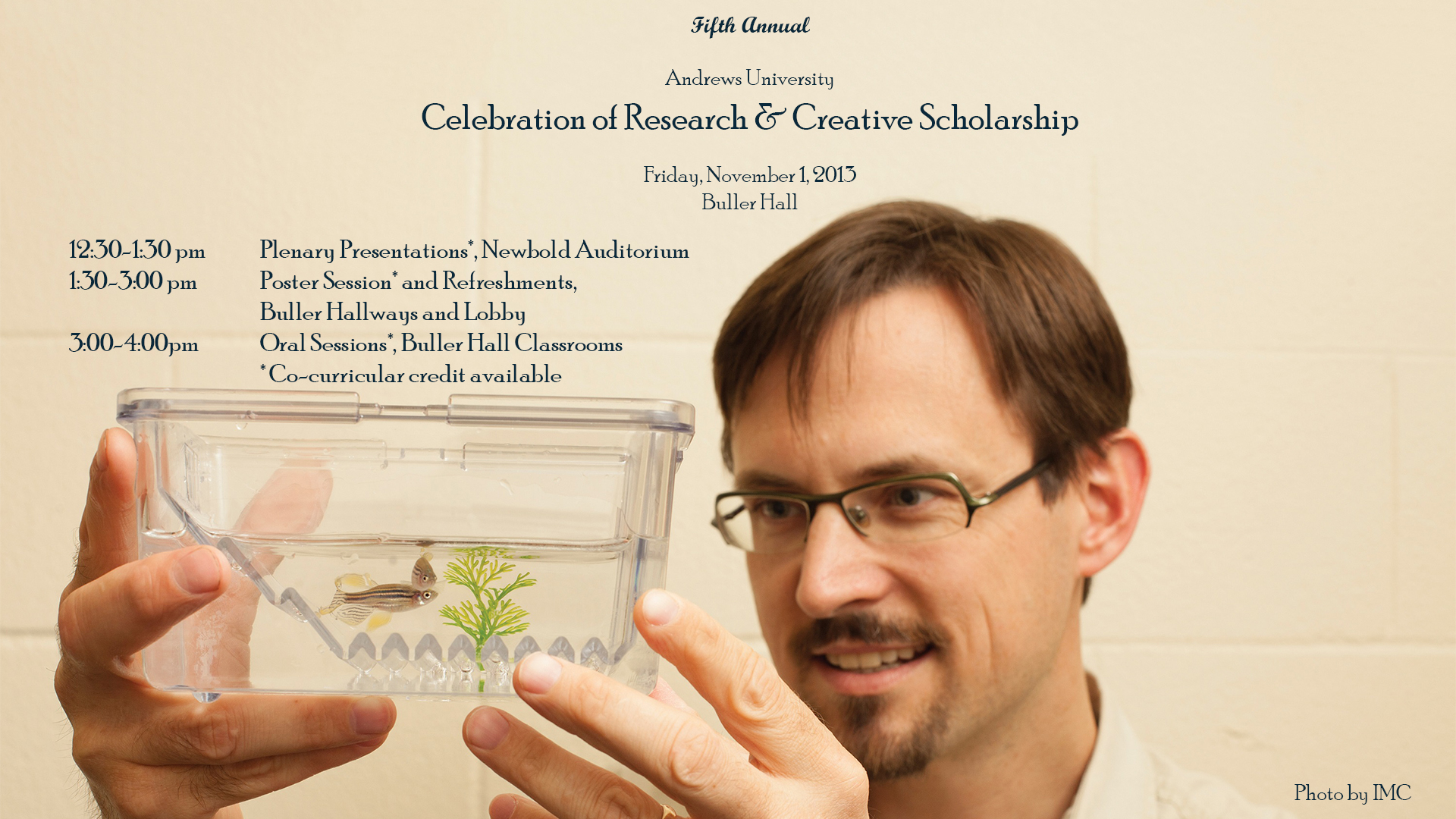C-3 The Deliverance of “I” in Rom 7:24-25
Presenter Status
PhD Student, Department of Old Testament
Location
Buller Room 150
Start Date
1-11-2013 3:30 PM
End Date
1-11-2013 3:45 PM
Presentation Abstract
Most commentators believe that Rom 7:25a describes an expression of gratitude of “I” for being delivered. However, because the clause is verbless, it is debatable whether the author envisioned the deliverance as already past or still future. The importance of answering this dilemma underlies in the theological implications for the Christian living. If this passage refers to a post-conversion state (future deliverance), Calvinists are right in claiming that sinless life is impossible as long as we live here. But if it refers to a pre-conversion state (past deliverance), Arminians are right in saying that Christians are able to overcome sin. An exploration of the indicators of time and sequence in Rom 7-8 reveals that Rom 7:25a aims to an eschatological deliverance of the body of death rather than a past liberation from the law of sin.
C-3 The Deliverance of “I” in Rom 7:24-25
Buller Room 150
Most commentators believe that Rom 7:25a describes an expression of gratitude of “I” for being delivered. However, because the clause is verbless, it is debatable whether the author envisioned the deliverance as already past or still future. The importance of answering this dilemma underlies in the theological implications for the Christian living. If this passage refers to a post-conversion state (future deliverance), Calvinists are right in claiming that sinless life is impossible as long as we live here. But if it refers to a pre-conversion state (past deliverance), Arminians are right in saying that Christians are able to overcome sin. An exploration of the indicators of time and sequence in Rom 7-8 reveals that Rom 7:25a aims to an eschatological deliverance of the body of death rather than a past liberation from the law of sin.



